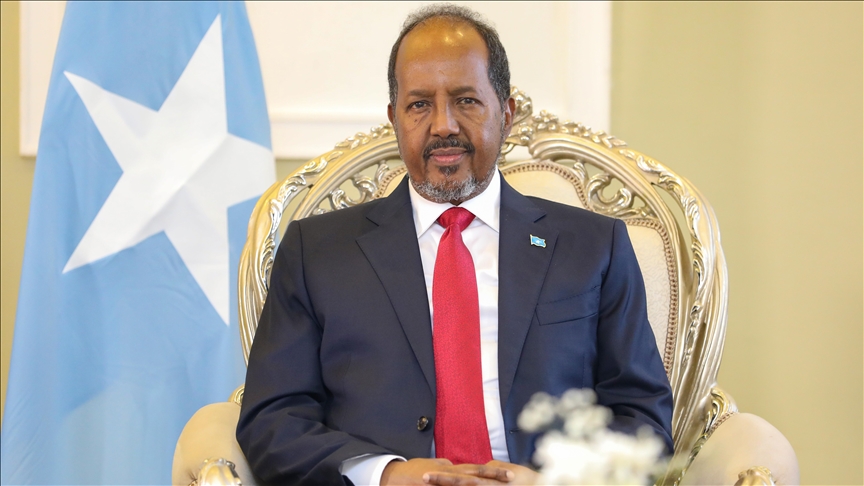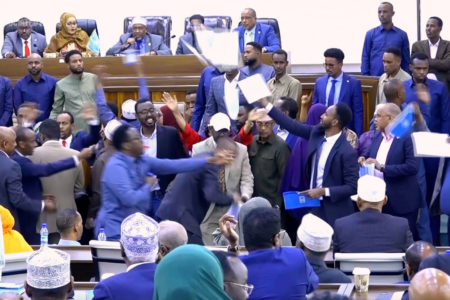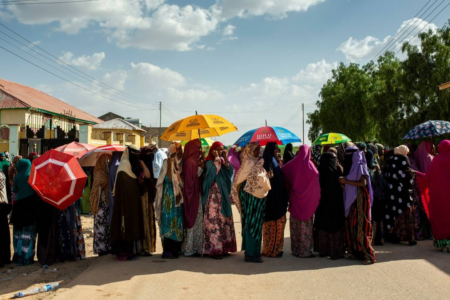Somalia’s political landscape is experiencing heightened tensions following President Hassan Sheikh Mohamud’s initiative to establish a new political party, the Justice and Unity Party (JUP).
Critics argue that this move aims to make power centralization in Somalia.
Potentially undermining the autonomy of regional states and the nation’s fragile federal system.
Formation of the Justice and Unity Party
The JUP, closely associated with President Mohamud, is envisioned as a platform to consolidate support before 2026 general elections.
The party’s leadership structure reportedly includes:
- Prime Minister Hamza Abdi Barre as chairman
- MP Abdirahman Odowa as secretary.
However, the party’s formation has faced setbacks due to internal disagreements and resistance from key federal member states.
How Can The New Party Make A Power Centralization in Somalia?
Southwest State, initially aligned with the president, has expressed dissatisfaction with the deputy chairmanship role offered, viewing it as symbolic and insufficient.
The state accuses the party of being dominated by a single clan.
Leading to concerns over equitable representation.
Galmudug and Hirshabelle remain engaged in discussions, but the absence of consensus among all federal member states has stalled the party’s official launch.
Constitutional Reforms and Power Centralization in Somalia
President Mohamud’s administration is also pursuing constitutional amendments aimed at transitioning Somalia from a parliamentary to a presidential system.
The proposed changes include abolishing the prime minister’s role.
As well as the introduction of vice president, and implementation of direct elections based on universal suffrage.
While the government argues that these reforms will enhance governance efficiency, opponents fear they may erode the federal structure and concentrate power in the presidency.
The constitutional overhaul has faced significant opposition from regional states like Puntland and Jubaland.
Implications for Somalia’s Federal System
The combination of forming a new political party and pursuing constitutional reforms has raised alarms about the future of Somalia’s federalism.
Analysts warn that power centralization in Somalia could exacerbate tensions with regional administrations.
Potentially leading to political instability and undermining efforts to combat security threats like al-Shabaab.
As Somalia approaches the 2026 elections, the federal government’s actions will be closely scrutinized. Ensuring inclusive dialogue with all federal member states and maintaining a balance of power are crucial for the nation’s stability and democratic development.








